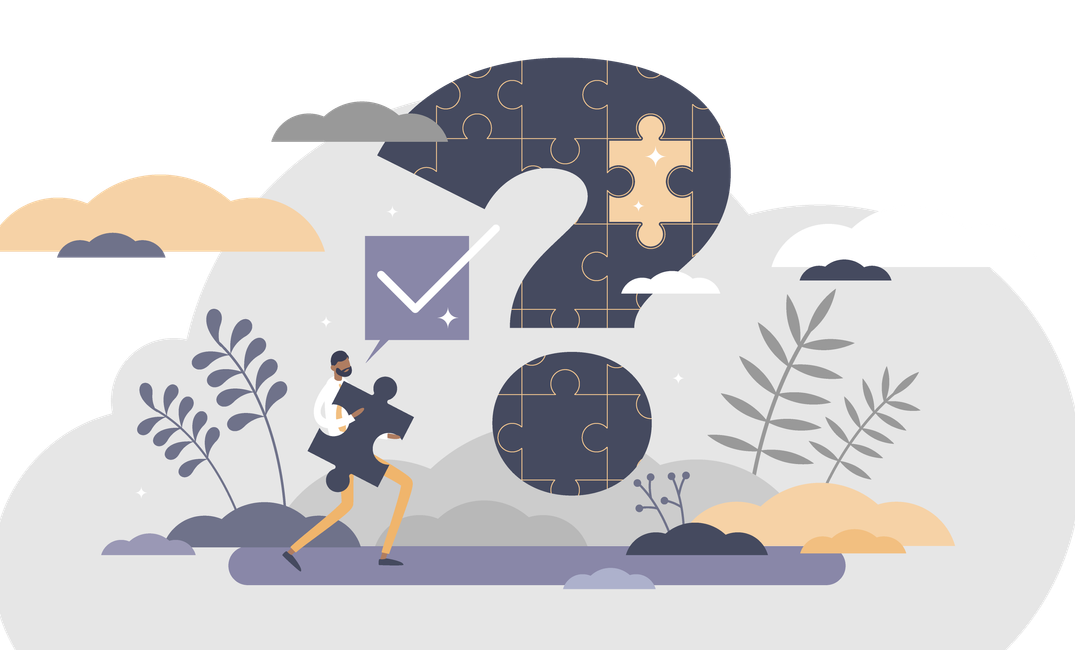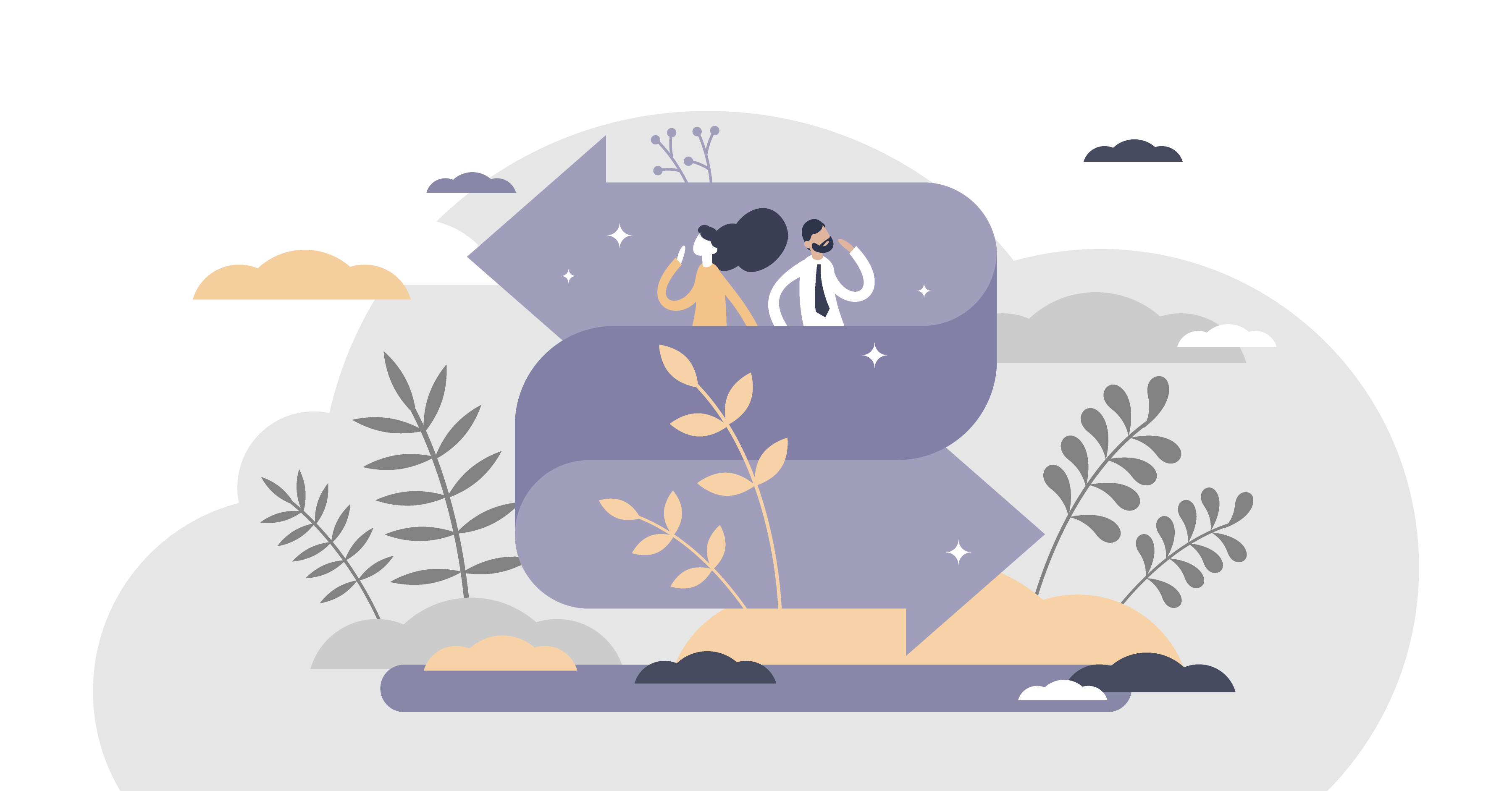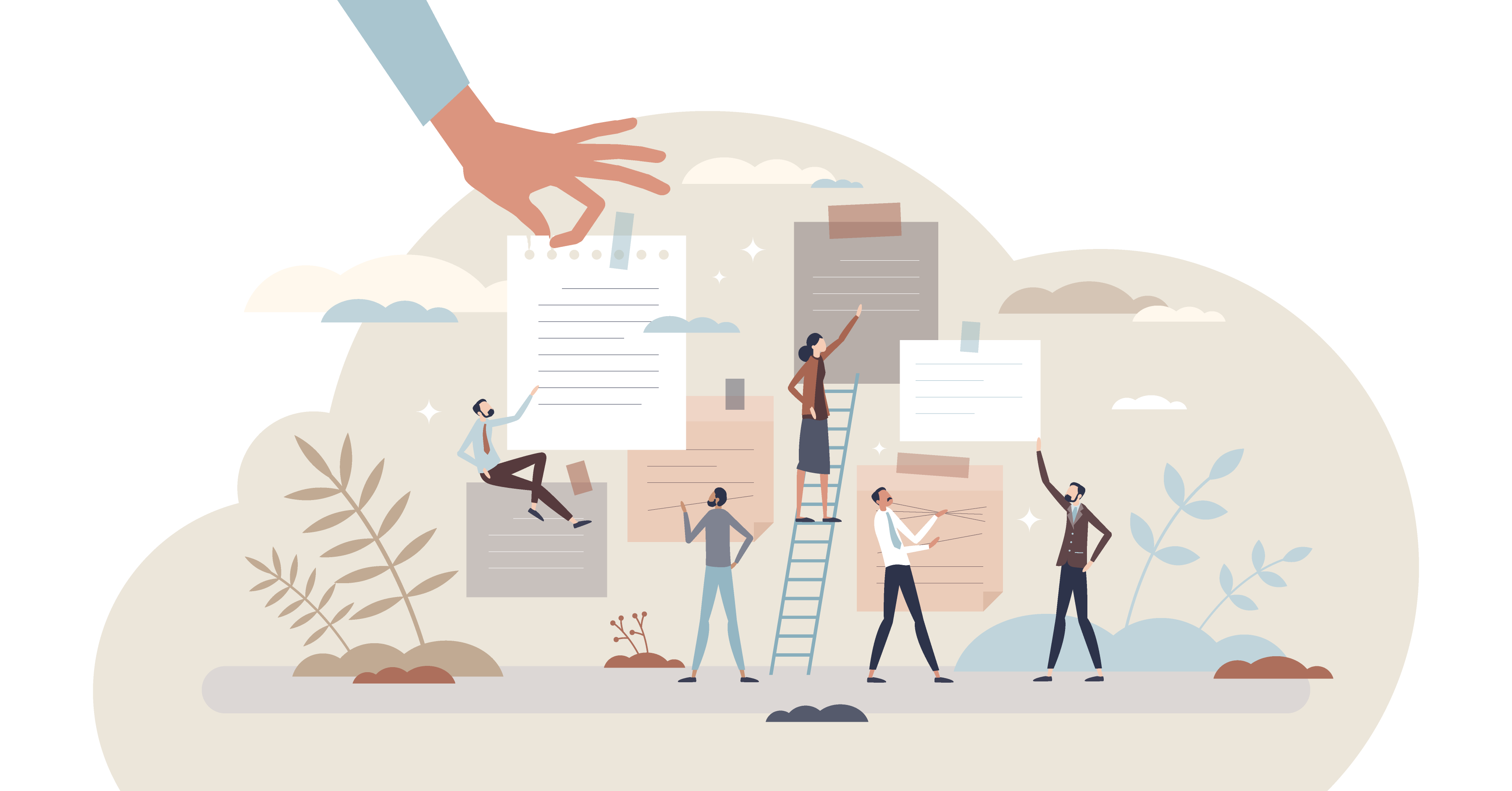Table of Contents
I've been studying leadership this week as part of my Chartered Management Institute Level 7 Strategic Leadership and Project Management program. Whilst I don't welcome it as an additional work load to my PhD, I do appreciate the opportunity to learn the skills associated with leadership and understand more about corporate strategy.
Something that resonated with me particularly strongly in the current work package is the value of reflection and self-evaluation in the development of leadership skills. No matter where you are in your leadership journey or what type of leader you may be - and there are a never-ending number of different types - understanding ourselves, and hence improving ourselves, is one of the most consistent contributors to effective leadership. (For a summary within 'authentic leadership theory' see Avolio and Gardner (2005).)
"You're not a failure if you don't make it; you're a success because you try" Susan Jeffers in Feel the Fear and Do It Anyway
One eye-opening method I learnt of doing this was through using a 'Lessons Learned Register'.
What is the lessons learned register?
The concept of having what is essentially a 'list of things you have learned' came not through something we were specifically taught, but through one of the example strategic project reports we were asked to provide feedback on.
The report had been written by a previous candidate who was working in the oil industry. It was a very technical report summarising the successful outcome of an oil well capping and the associated analysis on how it could be managed better next time. One of the key ways to build on the things that went wrong in that specific project, was through the use of a 'Lessons Learned Register'.
Now, I've never seen one of these before but it's actually a common knowledge management tool in strategic projects. Not only is it useful from a personal growth perspective, but it is also useful to transfer positive and negative learning experiences across teams.
How is it useful in a research project?
There are many ways in which having a record of your learning experiences is useful:
- A lessons learned register would be a really useful tool to have to hand during PhD supervisor meetings so you can bring up your key learnings from the previous week(s). Maintaining one throughout any research project gives a clear line of progress and how you have dealt with mistakes.
- It would also be really useful for when you come to apply for jobs after a PhD, because you have a clear resource to draw upon for questions like; give an example where something went wrong and how you dealt with it, what was the biggest thing you learnt during your PhD or how would you deal with such-and-such situation.
- If you keep a lessons learned register as a research team, it is a really powerful way to connect members as they learn through mistakes and support each other in solving problems.
- If you bring on new team members it is an easy way for them to get up to speed on the project - and reduce repeated mistakes as they find their way around.
- It could also be used as an idea scoping tool as different members learn and create new hypotheses from their own work.
What does a Lessons Learned Register look like?
The exact form your register will take is up to you, but mine has the following headings:
- Date - the date (and time if you want) the lesson occurred
- Status - useful if you need to follow-up e.g. for a potential hypothesis or if there is something you need to find out or do
- Lesson title - a short reference title
- What happened - a detailed explanation of what happened; as short or as long as you want to make it
- Lesson learned - what was the learning outcome?
- Follow-up action - is there anything you need to follow up? If so, what do you need to do?
- Discussed? - this was one I added in; did I talk to anyone about it? This is useful to have, because in discussing lessons we can share the experience, gaining insight but also a record of who we have told
- Due date - if there is a follow-up required e.g. for discussion at next supervisor or team meeting
- Comments - a space for other comments or notes
In essence it's a structured series of diary entries focused around learning and solving problems. This can be incredibly powerful once it gathers momentum.
If you are struggling for time, try using it for, or as part of, your Weekly Review template. Or try simplifying it; date, what happened, what was learned. Or colours, categories and tags can all be used if you want to get more structured.

This week in: Reading
If you want a fun piece of reading to make you feel like you are not alone, this piece from Science is a tongue-in-cheek method of how to read a scientific paper.
Science also has some really great articles that have collected the experience and advice of many researchers and pulled them together into pieces such as:
- How to write a research paper
- How to keep a lab notebook
- How to keep up with the scientific literature
I found many of these super insightful as everyone does everything differently! I love reading how other people 'get organised' and 'do stuff'. So that's what I share here every week.
Thanks for reading! Until next week...









Comments